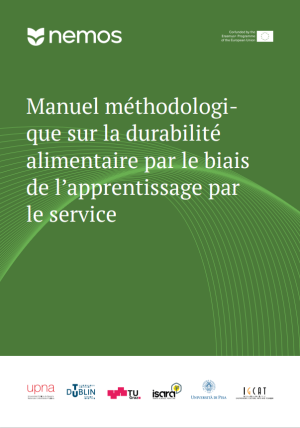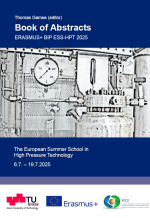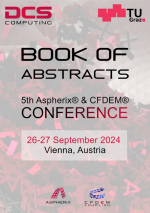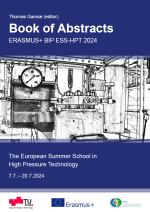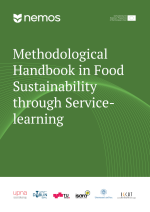Therefore, student learning from real-world problems and how to solve them in a holistic manner is the focus of this Methodological Handbook, enabling them to anticipate and be prepared for future challenges in sustainability. Education for Sustainable Development in Higher Education requires rethinking learning environments to inspire students to act for sustainability. The implication for students is that they must play a leading role and be responsible for their own learning process from the very beginning, that is, from the first year at University to the last one, to enable them to live sustainable lives and to work in a sustainable economy. Moreover, thanks to the SL methodology, students have developed a sense of social responsibility, civic engagement and connection with society that go further than the inner circle of the university.
An ideal Food Sustainability Profile (FSP) for students has been developed, integrating the different skills and technical capacities that define a knowledgeable student in food sustainability. A series of pedagogical interventions (SL included) has been designed and piloted to develop students’ FSPs. Both educators and learners were actively involved in this action-research process with the final set of methodologies (MH) documented as guidelines for adoption and transferability to other disciplines. Assessment tools of FSP and MH have been developed to enhance validity and they have acted as an auditing instrument for evaluating the integration of sustainability through SL within Food related degrees.
Par conséquent, l’apprentissage des étudiants à partir de problèmes du monde réel et la manière de les résoudre de manière holistique sont au centre de ce manuel méthodologique, leur permettant d’anticiper et d’être préparés aux défis futurs en matière de durabilité. L’éducation au développement durable dans l’enseignement supérieur exige de repenser les environnements d’apprentissage afin d’inciter les étudiants à agir en faveur de la durabilité. L’implication pour les étudiants se traduit par jouer un rôle de premier plan et être responsables de leur propre processus d’apprentissage dès le début, c’est-à-dire de la première à la dernière année à l’université, afin de leur permettre de vivre une vie durable et de travailler dans une économie durable. En outre, grâce à la méthodologie d’apprentissage par le service, les étudiants développent un sens de la responsabilité sociale, un engagement civique et un lien avec la société qui dépassent le cercle restreint de l’université.
Un profil de durabilité alimentaire (PDA) pour les étudiants a été développé, intégrant les différentes compétences et capacités techniques qui définissent un étudiant compétent en matière de durabilité alimentaire. Une série d’interventions pédagogiques (y compris l’apprentissage par le service) a été conçue et testée pour développer les PDA des étudiants. Les enseignants et les étudiants ont été activement impliqués dans ce processus de recherche-action et l’ensemble final des méthodologies (manuel méthodologique MM) a été documenté en tant que lignes directrices pour l’adoption et la transférabilité à d’autres disciplines. Des outils d’évaluation des PDA et des MM ont été développés pour renforcer leur validité et ils ont servi d’instrument d’audit pour évaluer l’intégration de la durabilité par le biais de l’apprentissage par le service dans les disciplines liées à l’alimentation.

